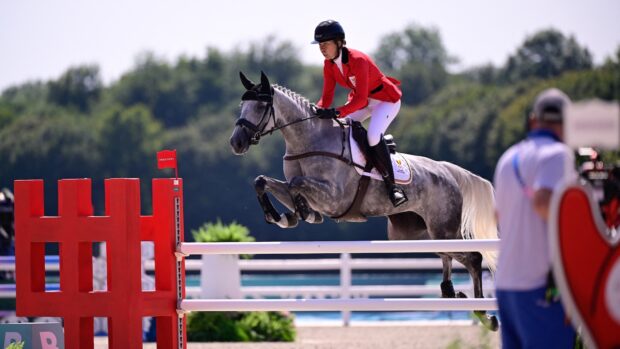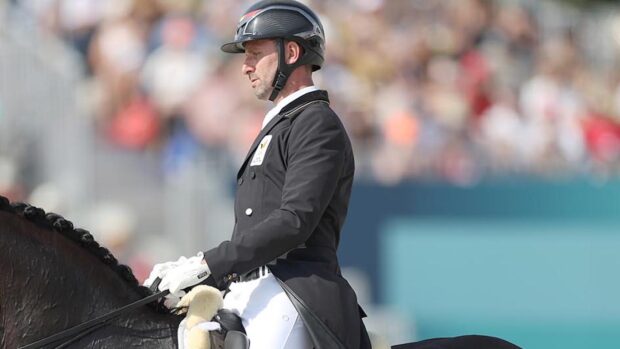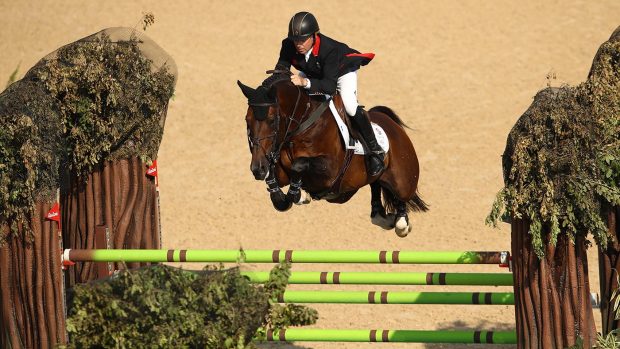ANY positive tests for capsaicin — the substance found in samples from four show jumping horses at this summer’s Olympics — will now be treated as doping, rather than medication, offences.
The change of stance by the International Equestrian Federation (FEI) was announced by its veterinary committee chairman John McEwen at last week’s general assembly in Buenos Aires.
Mr McEwen told H&H: “Capsaicin can be used rather like Deep Heat, so it can be legitimately used as well as illegitimately [to hypersensitise a horse’s legs].”
The FEI has judged four of the five Hong Kong capsaicin cases as medication — in other words the substance was used legitimately.
“But there will be no arguments from now on — it has been put quite firmly into the doping category,” he added.
Though Mr McEwen reported a fall in the number of positive dope tests in 2007, despite an increase in the number of tests held, the FEI has established a commission to look at medication and doping issues in horse sport after the Olympics.
The commission will be chaired by Dr Arne Ljungqvist, chairman of the International Olympic Committee medical commission and vice-president of the World Anti-Doping Agency (WADA). It will involve riders, national federations, vets, testing laboratories and representatives from the FEI’s judicial committee.
The group must produce a report for the FEI bureau next spring. It has been charged with “overcoming the grey areas that lie between medication and doping, and to clarify for riders the practices that are acceptable and ones that are not”.
“We’ll also be looking at who is responsible in a positive test — should it be wider than the rider, to include vets and coaches — and whether the whole system, from the level of testing carried out at different laboratories to penalty levels, is working as it should,” added Mr McEwen, vet representative for the group.
This news story was first published in Horse & Hound (27 November, ’08)




